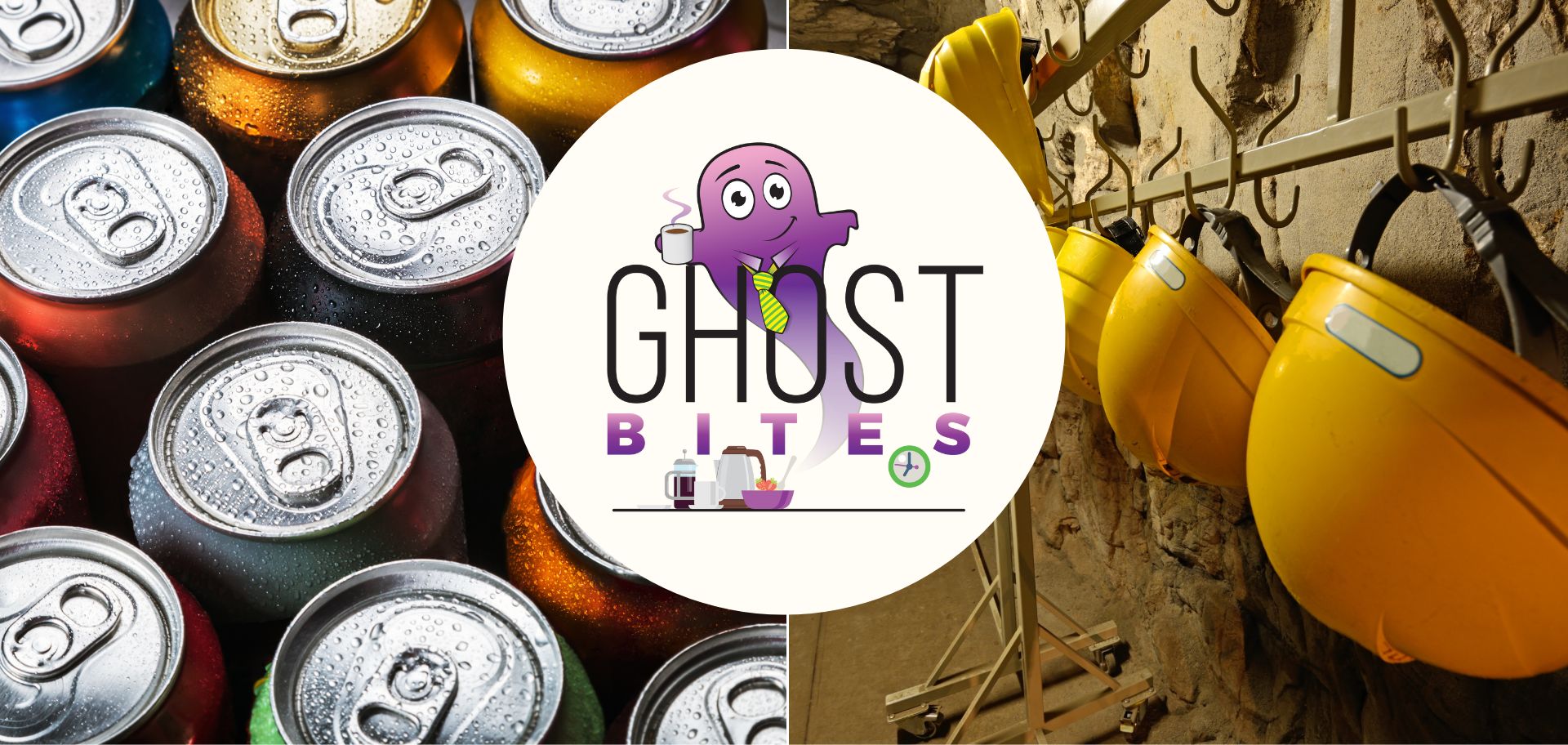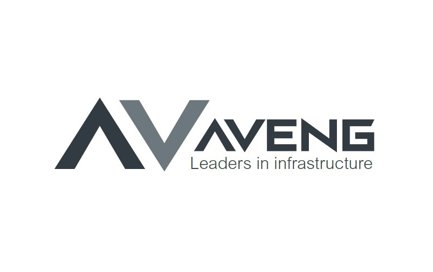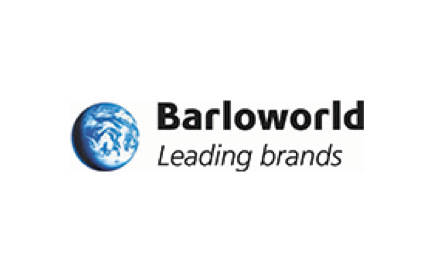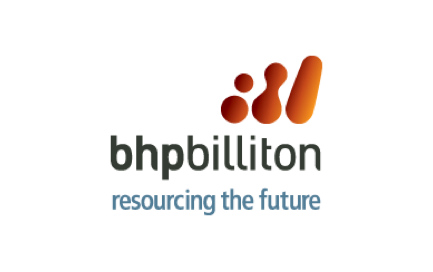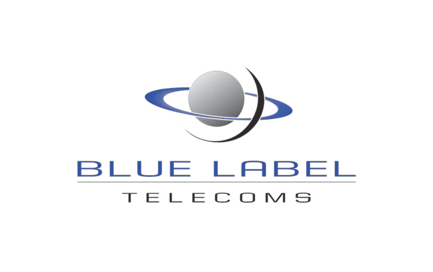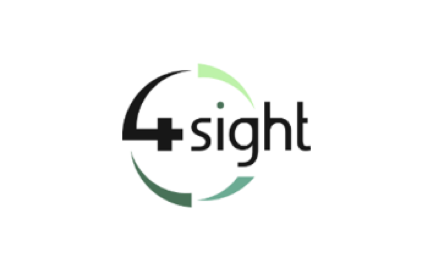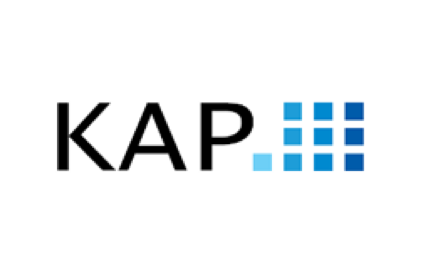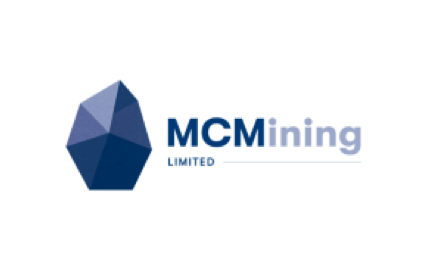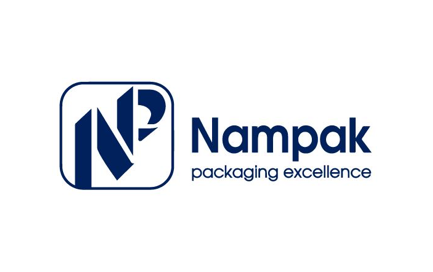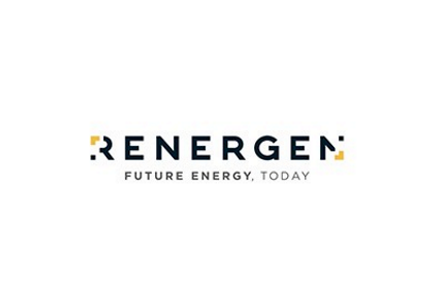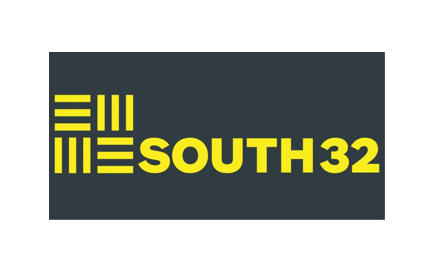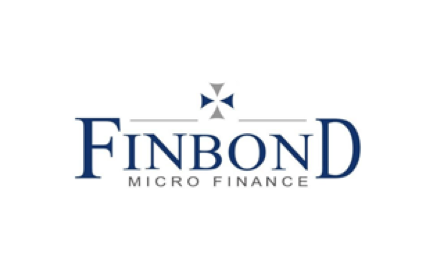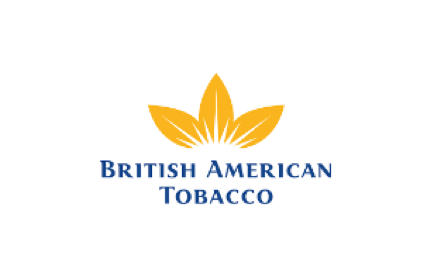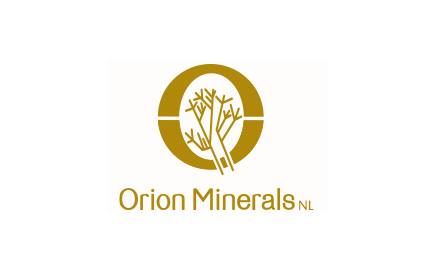Get the latest recap of JSE news in the Ghost Wrap podcast, brought to you by Mazars:
A big jump in earnings at Aveng (JSE: AEG)
And a change in reporting currency
Aveng now earns 91% of its revenue from outside South Africa. To this end, the company is changing its reporting currency to the Australian dollar, reflecting the true economic situation of the group.
For the six months to 31 December 2023, Aveng’s revenue is expected to be 45% higher and earnings are up at both McConnell Dowell and Moolmans. Due to the disposal of Trident Steel in this period, HEPS from continuing operations is the right metric to focus on. It came in between 65.4% and 75.0% higher.
Local mining conditions hurt Barloworld (JSE: BAW)
The slowdown in South African mining is worrying
In the four months to 31 January 2024, Barloworld saw a 5% reduction in group revenue. The company has attributed this to lower demand in mining and consumer industries, with continued geopolitical conflicts not doing any favours.
With commodity prices having come under pressure and South African infrastructure doing a very poor job of supporting local mines, there was a slowdown in mining activity that saw Equipment southern Africa’s revenue decrease by 2%. After-sales activity was up, but at lower gross margins, leading to a dip in margin due to the mix effect. If there’s a silver lining here, it’s the decrease in levels of inventory. Also, the Bartrac joint venture in the DRC is showing an increase in attributable profits.
Equipment Eurasia has been supported by 20% revenue growth in Barloworld Mongolia, attributed to strong mining activity. The Russian business saw revenue drop by 26%, so that offset the overall story. At least both businesses achieved good operating margins.
In Consumer Industries, Ingrain’s revenue fell 5% due to lower demand in the alcoholic beverages, papermaking and converting sectors. Export sales fell due to competitive global pricing of starch. The impact of lower sales is that operating margins have fallen as well, as there are fixed costs. A restructure is underway to reduce fixed expenses.
More bad news in the nickel mining industry (JSE: BHP)
BHP is impairing Western Australia Nickel
BHP has announced two “exceptional items” for the financials for the six months to December 2023. This doesn’t mean exceptionally good, before you get excited.
The first is an impairment of the Western Australia Nickel operations of $3.5 billion pre-tax. Conditions in the nickel industry are really difficult at the moment (remember Glencore is also shutting an operation in this space) and BHP is reducing costs at the mine. The problem is the supply of nickel from Indonesia, which has significantly increased. This has lowered the nickel price at a time when mining costs are still under inflationary pressure.
There’s another impairment as well, but it has nothing to do with nickel. BHP is taking another pre-tax charge of $3.1 billion in relation to the Samarco dam failure, taking the total provision to $6.5 billion. This is based on an updated view of the costs after recent legal developments. Importantly, there is still significant uncertainty over what the final cost of this might be.
As usual, nothing is simple at Blue Label Telecoms (JSE: BLU)
You have to read the trading statement very carefully
Blue Label Telecoms has released a trading statement for the six months ended November 2023 and you have to be very sure of what you are looking at. For example, if you don’t take into account the huge negative move in the comparative period from the recapitalisation of Cell C, you would think that core HEPS is over 10x higher year-on-year. If you take out the current and prior period impacts of that recapitalisation, then HEPS is actually down 23%.
Then, it’s worth highlighting that the trouble in adjusted HEPS was from Comm Equipment Company (CEC), which saw headline earnings drop by R119 million. The rest of the group grew headline earnings by R19 million (10% growth). The problems at CEC are a drop in gross profit and substantial increases in expected credit losses, driven by a larger subscriber base and a deteriorating macroeconomic backdrop in South Africa.
There was a buzz around Blue Label Telecoms on Twitter/X in the latter part of 2023. The share price has rolled over since then, with the only real money being made on the rally from September to December. Over almost every time period, Blue Label investors have lost money.
The reward for foresight into 4Sight (JSE: 4SI)
The share price has approximately doubled just in 2024!
4Sight has a market cap of under R600 million. This is firmly small cap territory. It’s bigger than it was though, with an increase of a ridiculous 360% in the past 12 months! This year alone, the share price has roughly doubled. Welcome to Camp Small Cap and the rollercoaster ride.
To give support to this move, a trading statement for the year ended December 2023 reveals HEPS growth of 120.4% to 135.2%.
KAP’s earnings take a klap – again (JSE: KAP)
The good news (I guess) is the base period is better than everyone thought
Further to the trading statement in December that gave the bare minimum disclosure (a decrease in earnings of at least 20%), KAP has now issued a further trading statement that shows a drop in HEPS of between 25% and 36% vs. the comparable period as published.
This distinction is important, as the base period earnings are being restated to allow for Safripol recovering R183 million from a supplier that had overcharged the company. The good news is that the R183 million was recovered, thereby increasing HEPS for the base period by 2.8 cents. The bad news is that this makes the year-on-year decrease even worse: a range of -31% to -41%.
At least debt is lower than a year ago and a revolving credit facility of R3 billion has been raised to refinance upcoming debt maturities. With a HEPS range of 19.8 cents to 23.3 cents, the group is still profitable despite all the strain at Safripol.
MC Mining’s independent board does not approve of the takeover bid (JSE: MCZ)
Or, as per Aussie takeover law, a resounding DO NOT ACCEPT all in capital letters
Things always get very interesting when independent boards play hardball with a potential acquirer. It is their role to make a recommendation to shareholders regarding whether an offer is fair. MC Mining’s board isn’t impressed with the bid by Goldway Capital for A$0.16 per share, calling it opportunistic and lacking an appropriate premium for control of the company. Simply, they believe the offer should be higher.
The board also notes that the bidders would need to hold at least 82.19% of shares in issue based on acceptances in order for the bid to become unconditional. This is because holders of at least 50.1% of the shares not held by the joint bidders must accept the offer based on the conditions imposed by the bidder.
Lots of narrative at Nampak – but no numbers (JSE: NPK)
It seems like things are moving in the right direction
Nampak is a turnaround story that I really struggle to get excited about. The company faces an incredible array of headwinds, making it very difficult to achieve meaningful returns for investors.
An update for the three months to December 2023 gave the market some important nuggets of information, like the news that operating profit has improved and net debt levels are down. Importantly, the divestiture plan is proceeding in line with previous guidance.
The South African business is on the wrong end of consumer pressures, although this does vary depending where in the group you look. For example, a good crop in the fruit season helped with the canned fruit business. The plastic and paper businesses have a less encouraging story to tell.
As is usually the case, currency issues in Nigeria and Angola continue to cause problems. At least demand is higher in Angola for cans, which is more than Nigeria can say.
The labour costs across the group are still a problem. Discussions with unions are in progress to limit increases. Although the company doesn’t say so in this announcement, one can reliably assume that unsuccessful negotiations could lead to job losses.
Concerningly, it seems as though working capital seasonality had a negative impact on cash generated from operations. This is expected to normalise by the end of March and it’s important that it does. The group must reduce debt by R243 million by the end of March and is on track to do so, with R180 million already done from the proceeds on disposal of the Nampak Nigeria Metals property and the UK apartment.
Yes, an apartment in the UK. You read that correctly.
With the existing chairman stepping down at the AGM, the board resolved to appoint Andre van der Veen to the chairman role.
Another hiccup at Renergen (JSE: REN)
Compressors have let the company down
The good news at Renergen is that LNG deliveries have recommenced after the maintenance outage.
The bad news is that there are yet more issues in the helium side of the business (which is what people care about). This time, the blame is being put on primary mixed refrigerant compressors, supplied by a Swiss group and assembled in China. The new part is expected to be delivered after Chinese New Year celebrations. Although Renergen may have a claim from insurance or against the supplier for the problem, it does once more raise questions around when the helium production will start.
The market continues to wait, with the share price having halved in the past 12 months.
Is mining cyclical? Just ask South32 (JSE: S32)
The dividend has all but disappeared
My dad ensured that I received a healthy dose of Led Zeppelin in my teenage years. I’m glad that happened, because I love the band today. They have a song called Good Times Bad Times and it’s a good thing to keep in mind when investing in mining.
For the six months to December 2023, South32’s revenue fell by 15% and the ordinary dividend has collapsed by 92%. Do not, ever, buy mining houses based on trailing dividend yield. You will frequently get hurt. The forward dividend yield is the right metric.
The reason for the drop in dividend is that diluted HEPS has also been smashed, down from 12.6 US cents to 1.2 US cents.
The reason for the drop? Well, despite record aluminium production, commodity prices went in the wrong direction and metallurgical coal volumes were lower. The show must go on of course, so the company has announced a $2.16 billion investment in the Taylor zinc-lead-silver deposit in Arizona (no relation to Swift) despite the drop in earnings. Production is only expected in H2 of FY27, which is a good reminder of the length of the planning cycle in mining.
Return on Invested Capital (ROIC) has plummeted from 12% to 1.3% and South32 will certainly be hoping for some improvement in commodity prices. The company expects a 7% production uplift in the second half of the year and will be driving cost efficiencies in the business, but mining houses can only do so much if commodity prices remain depressed.
Little Bites:
- Director dealings:
- Sean Riskowitz, acting as usual through Protea Asset Management, has bought yet more shares in Finbond (JSE: FGL), this time worth R755k.
- The CEO of British American Tobacco (JSE: BTI) has reinvested dividend income worth £6k.
- Philip Kotze, who is a representative of Clover Alloys, has agreed to step down from the Orion Minerals (JSE: ORN) board to avoid potential conflicts of interest that would arise from discussions around funding and other opportunities with multiple parties (including Clover).

